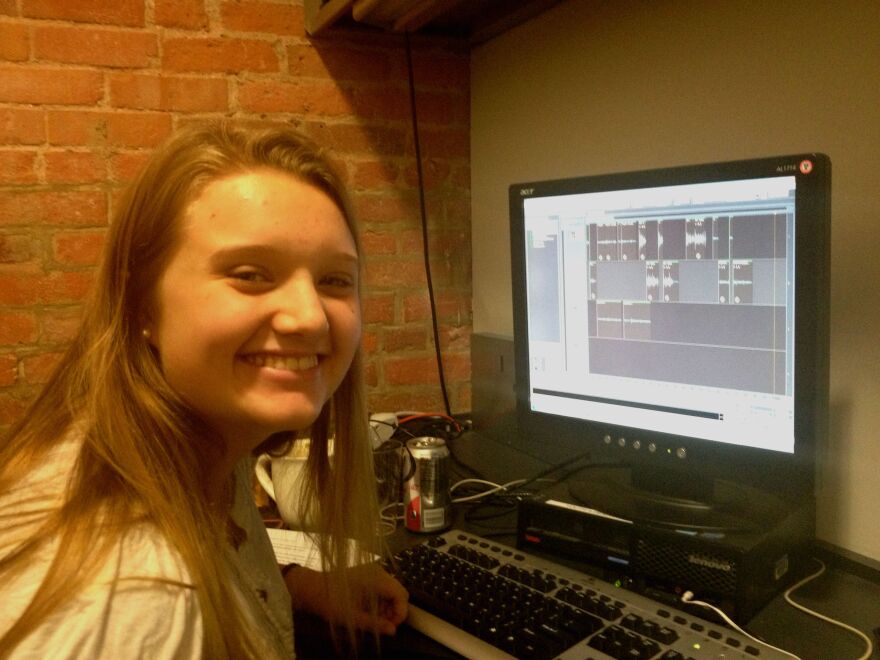This summer WUNC worked with six youth reporters as part of the Summer Youth Radio Institute in our American Graduate Project.
Have you ever heard of the word “ratchet”? I’m not talking about the tool you buy from Lowe's, but the “Ratchet” you use to describe Miley Cyrus’ dance moves, or someone’s out-dated flip phone? Connie Eble, a professor in the English Department at UNC-Chapel Hill, collects college slang by asking her students to turn in terms as a class assignment.
“Well this past semester, in the spring, the big, big winner was ratchet,” Eble says.
Even though it’s popular, there is no universally-agreed-upon definition for “ratchet.” The best way to get an accurate explanation is by talking to a teenager. I asked my friend Corrinia Goode, a junior at Chapel Hill High.
“It’s used when talking about people or things that are undesirable, like that girl is ratchet ‘cause her weave is messed up. She ain’t got her nails did,” Goode explains.
Because it’s used so frequently but has an ambiguous and unofficial definition, people have different opinions about whether or not it’s offensive.
“If you’re like calling a person ratchet, they might feel offended by it,” Goode says. “But usually it's used in a joking context, at least when I’ve been around people who use the word.”
This seemed to be the consensus among my peers, as demonstrated by its popularity and frequent usage.
“The Ratchet Girl Anthem” is a YouTube sensation that shows us what a so-called ratchet girl is—and it’s how most people know the term. Sociology professor, Sherryl Kleinman, studies race, class and gender at UNC-Chapel Hill. I watched the video with her in a cafe.
“OK, it’s interesting that the two black rappers are dressed as women to make it clear in the video that it is black women who are making these statements about other women,” Kleinman says. “So it’s looking at what I would call internalized sexism, which is that women learn that they are inferior to men and, therefore, are putting each other down.”
Kleinman points out another problem with “ratchet.” It’s so versatile, it’s offensiveness isn’t limited to one type of discrimination. Terms like “ratchet” reflect inequalities that we normalize in our society. Because of this, she says, we often don’t recognize them as harmful.
“There are lots of people who don’t feel offended by all kinds of sexist, you know, racist, classist terms because they have internalized the view that those are okay,” Kleinman says. “Or they're just generic. Or they’re, quote, ‘just words.’”
Words like ratchet are now an international phenomenon because of social media. But social media is not only a means to spread words; it also creates more avenues for having conversations. What’s really behind the words we use? What are their implications? How do they affect our thoughts? This challenges the idea that words are ever “just words.” Unlike most slang terms of past generations, ratchet must withstand this kind of scrutiny on social media. This will determine the future of ratchet and whether it’s an enduring phenomenon or a fleeting fad.









